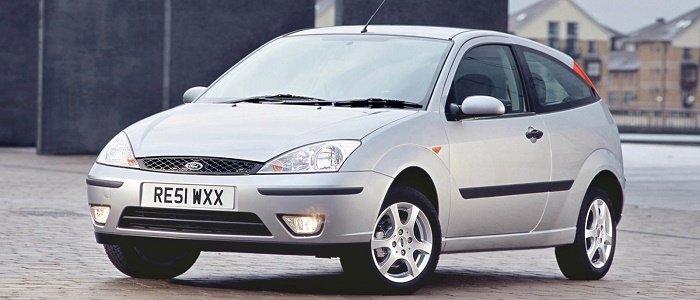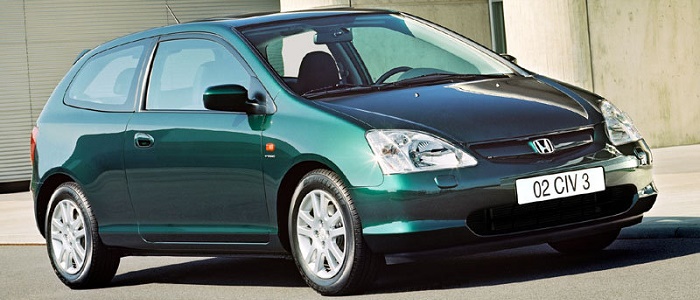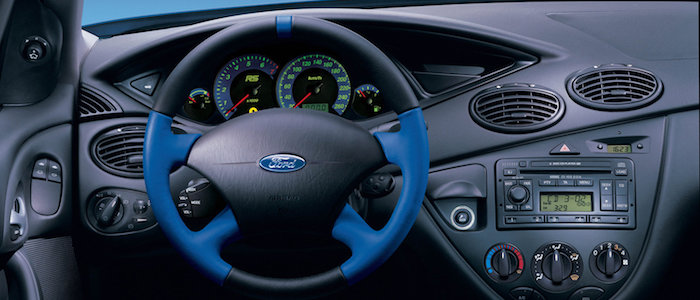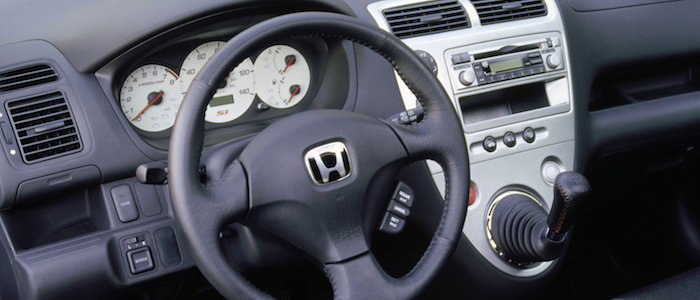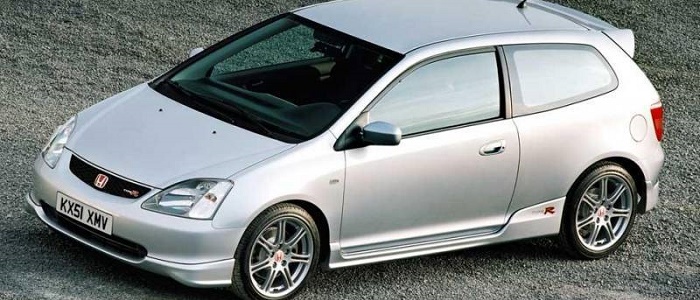Compare two cars
Compare any two cars and get our Virtual Adviser™ opinion
Dimensons & Outlines
Check vehicle history
Engine
Performance (manual gearbox)
Performance (automatic gearbox)
Expenses
Virtual Adviser's™ opinion
Well, these are two pretty similar cars we have here! It's only details that could potentially make the difference. Considering they both belong to the small family car segment and utilize the same 3-door hatchback body style and the front wheel drive system, it all comes up to the specific petrol engine choice they offer. The first one has a Ford-engineered powertrain under the hood, a 4-cylinder, 16-valves 215hp unit, while the other one gets its power and torque from a 4-cylinder, 16-valves 200hp engine designed by Honda.
SafetyThe first thing to look into here would be the results from European New Car Assessment Programme (Euro NCAP) tests performed on the two cars. Good thing is that both vehicles got tested, with the same number of safety stars gained in the process. Still, apart from the official crash test results there are other things we need to be aware of. Both vehicles belong to the small family car segment, which is generally classifying them somewhere in the middle safety-wise, still it doesn't help us solve our dilemma, does it? Furthermore, taking kerb weight as an important factor into account, the American car offers a marginal difference of 9% more metal.
ReliabilityReliability is not the best thing to consider on the make level, but it is worth mentioning that Honda does have a slight advantage, all the models observed together. These are the official statistics, while our visitors describe reliability of Ford with an average rating of 4.4, and models under the Honda badge with 4.7 out of 5. The same official information place Focus as average reliability-wise, and Civic is more or less at the same level.That apart, owners of different cars powered by the same engine as the American car rank it on average as 5.0 out of 5, exactly the same as the other one.
Performance & Fuel economyFord is a bit more agile, reaching 100km/h in 0.1 seconds less than its competitor. Still, it lacks the power to win the top speed competition, topping at 232 kilometers per hour, 3km/h less than the other car. When it comes to fuel economy the winner has to be the Japanese car, averaging around 8.9 liters of fuel per 100 kilometers (32 mpg), in combined cycle. We can't ignore that 13% difference compared to the American car.
Verdict
Honda appears just a bit more reliable, although the difference is truly marginal. The most important thing when deciding between any two vehicles should always be safety, both passive and active. In my opinion, everything taken into account, the American car offers slightly better overall protection and takes the lead. When it comes to performance, both vehicles provide similar experience, so I wouldn't point any of them out. the Japanese car , on the other hand, consumps significantly less fuel, and that's a big plus. I believe that, when we take all into account, we have only one winner here - the Honda. Nevertheless, let's not forget that people have different preferences and needs, so what really counts is your personal feel. I'm only here to help. In case you have two minutes to spare I invite you to define your needs, desires and budget and see which car would be chosen by the virtual adviser™, out of 12.000+ vehicles we currently have in our database.
Related articles
Somewhere in the 80's there was a breakthrough in the hot hatch segment. Just remember cars such as Volkswagen Golf Gti, Renault 5 GT, Lancia Delta Turbo Integrale, Peugeot 205 GTI etc. There, even while writing this I feel sorry for not still living in that age...























